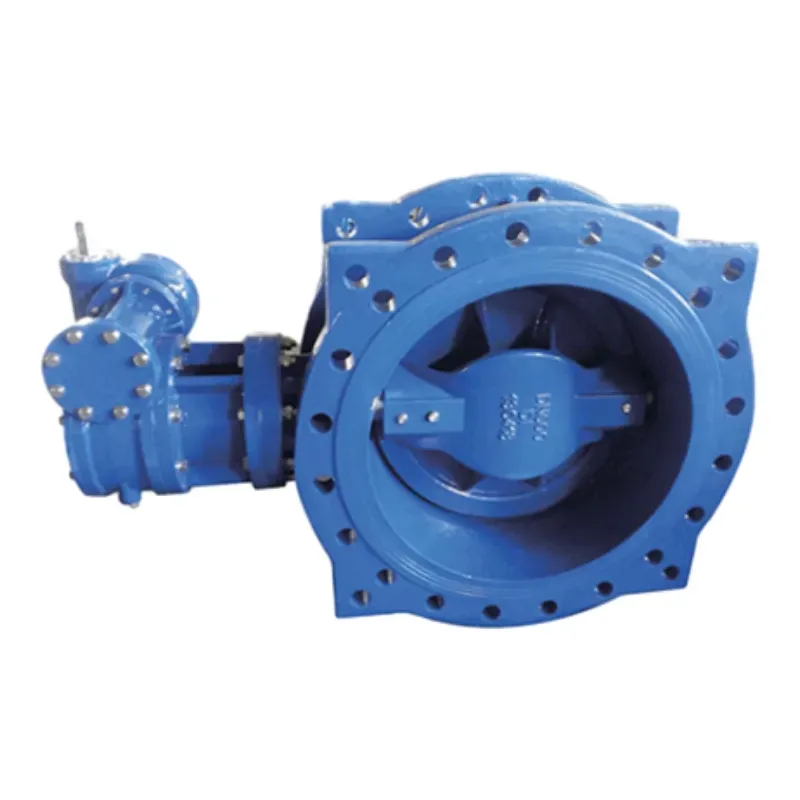نويابىر . 12, 2024 12:11 Back to list
cast iron valve
Exploring Cast Iron Valves A Comprehensive Overview
When it comes to industrial applications and infrastructure, certain materials reign supreme in durability and performance. Among these, cast iron has been a preferred choice for various components, particularly in the manufacturing of valves. Cast iron valves are integral to numerous systems including water supply, sewage, and industrial processes. This article delves into the significance, types, advantages, and applications of cast iron valves.
What is Cast Iron?
Cast iron is an iron-carbon alloy containing 2% to 4% carbon along with varying amounts of silicon and other elements. It is known for its excellent castability, toughness, and resistance to wear. The alloy can be produced in different types, including gray iron, ductile iron, and white iron, each with unique properties suitable for specific applications. Gray iron, widely used in casting due to its excellent machinability and vibration damping, is commonly employed in valve manufacturing.
Types of Cast Iron Valves
Cast iron valves come in various types to suit different industrial needs. The primary types include
1. Gate Valves Used for on/off control of fluid flow, gate valves provide minimal pressure drop and are used in applications where flow needs to be fully stopped or allowed.
2. Globe Valves Ideal for throttling flow, globe valves have a spherical body that allows for better control compared to gate valves. They are commonly used in applications requiring moderate flow management.
3. Ball Valves Featuring a spherical disc, these valves offer quick shut-off and are favored for their ease of operation. They provide low resistance to flow and are used in various industries.
4. Check Valves Ensuring unidirectional flow, check valves prevent backflow in piping systems. They are critical in applications where backflow can lead to system failure or contamination.
5. Butterfly Valves Utilizing a rotating disc, butterfly valves are lightweight and require less space, making them ideal for large-diameter piping.
cast iron valve

Advantages of Cast Iron Valves
The use of cast iron for valves comes with several advantages, making it a preferred choice in various industrial sectors
- Durability Cast iron valves are highly resistant to wear and corrosion, which extends their lifespan and reduces maintenance costs. This resilience is crucial in harsh environments where other materials might fail.
- Cost-Effectiveness While the initial cost may be higher than other materials, the longevity and minimal maintenance required for cast iron valves make them a cost-effective choice in the long run.
- Thermal Stability Cast iron has excellent thermal properties, enabling it to withstand high temperatures without deforming. This characteristic is particularly important in applications involving hot fluids.
- Noise Reduction The dense structure of cast iron helps to dampen sound, making it an ideal choice for applications where noise reduction is critical.
Applications of Cast Iron Valves
Cast iron valves are utilized across a broad spectrum of industries. In the water and sewage sector, they are essential for controlling flow and preventing backflow, ensuring the safety and efficiency of water distribution systems. In manufacturing, cast iron valves are used in chemical processing plants where their resistance to corrosive substances is paramount.
Moreover, power generation facilities employ cast iron valves for steam and cooling systems, capitalizing on their thermal resilience. The agricultural industry also benefits from cast iron valves in irrigation systems, where durability against environmental factors is crucial.
Conclusion
In conclusion, cast iron valves play a significant role in various industrial applications due to their durability, cost-effectiveness, and versatility. With various types tailored for specific functions, cast iron valves are integral to ensuring the efficiency and safety of fluid control systems. As industries continue to evolve, the demand for reliable and long-lasting components like cast iron valves will only grow, highlighting the importance of this material in the modern industrial landscape. Whether in water management, manufacturing, or energy production, cast iron valves remain a cornerstone of operational effectiveness and reliability.
Share